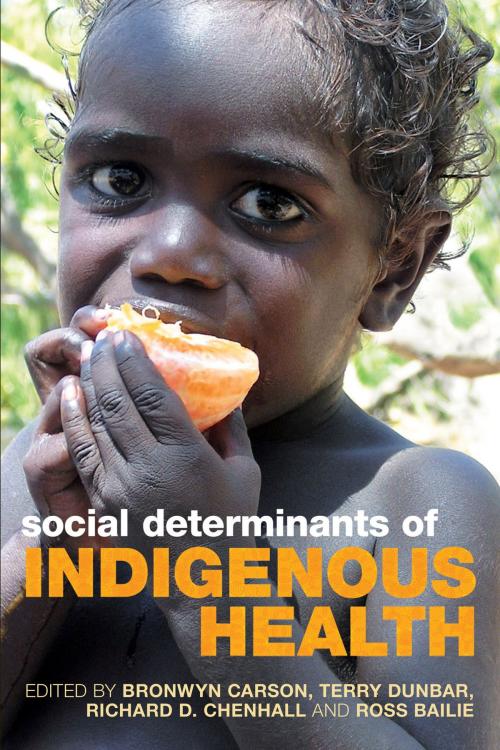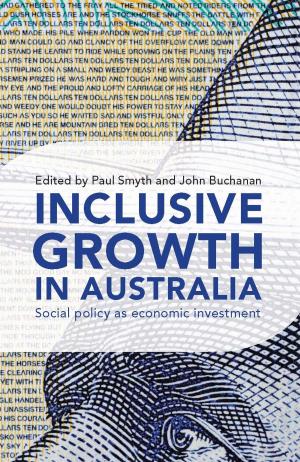| Author: | Bronwyn Carson, Terry Dunbar, Richard D Chenhall, Ross Bailie | ISBN: | 9781741761580 |
| Publisher: | Allen & Unwin | Publication: | March 1, 2007 |
| Imprint: | Allen & Unwin | Language: | English |
| Author: | Bronwyn Carson, Terry Dunbar, Richard D Chenhall, Ross Bailie |
| ISBN: | 9781741761580 |
| Publisher: | Allen & Unwin |
| Publication: | March 1, 2007 |
| Imprint: | Allen & Unwin |
| Language: | English |
The opportunities and comfortable lifestyle available to most Australians have been denied to generations of Indigenous people. As a result some of Australia's original inhabitants suffer from what has been described as 'Fourth World' standards of health. This is out of place in a country that prides itself on egalitarianism and a fair go for all.
Shifting the focus from individual behaviour, to the social and political circumstances that influence people's lives and ultimately their health, helps us to understand the origins of poor health. It can also guide action to bring about change. Social Determinants of Indigenous Health offers a systematic overview of the relationship between the social and political environment and health.
Highly respected contributors from around Australia examine the long-term health impacts of the Indigenous experience of dispossession, colonial rule and racism. They also explore the role of factors such as poverty, class, community and social capital, education, employment and housing. They scrutinise the social dynamics of making policy for Indigenous Australians, and the interrelation between human rights and health. Finally, they outline a framework for effective health interventions, which take social factors into consideration.
This is a groundbreaking work, developed in consultation with Indigenous health professionals and researchers. It is essential reading for anyone working in Indigenous health.
The opportunities and comfortable lifestyle available to most Australians have been denied to generations of Indigenous people. As a result some of Australia's original inhabitants suffer from what has been described as 'Fourth World' standards of health. This is out of place in a country that prides itself on egalitarianism and a fair go for all.
Shifting the focus from individual behaviour, to the social and political circumstances that influence people's lives and ultimately their health, helps us to understand the origins of poor health. It can also guide action to bring about change. Social Determinants of Indigenous Health offers a systematic overview of the relationship between the social and political environment and health.
Highly respected contributors from around Australia examine the long-term health impacts of the Indigenous experience of dispossession, colonial rule and racism. They also explore the role of factors such as poverty, class, community and social capital, education, employment and housing. They scrutinise the social dynamics of making policy for Indigenous Australians, and the interrelation between human rights and health. Finally, they outline a framework for effective health interventions, which take social factors into consideration.
This is a groundbreaking work, developed in consultation with Indigenous health professionals and researchers. It is essential reading for anyone working in Indigenous health.















